Path to historical reconciliation: European and Asian choices
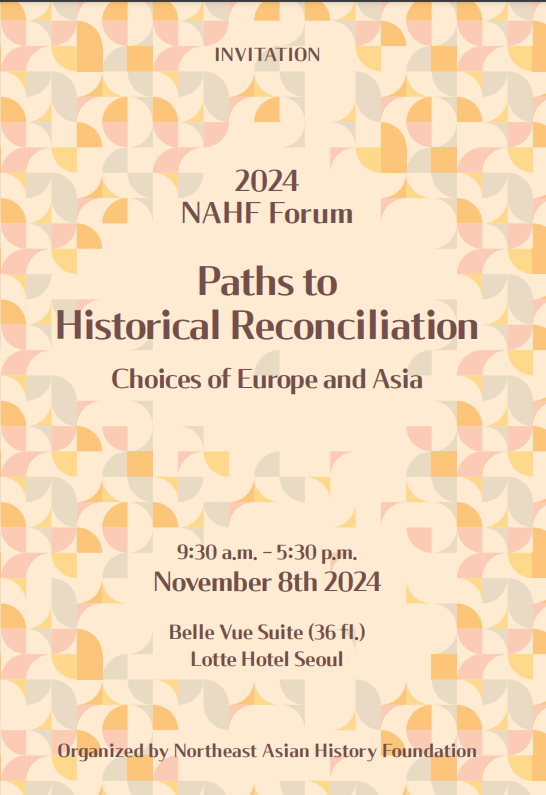
- Topic
- Path to historical reconciliation: European and Asian choices
- Date
- November 8, 2024 (Fri) 09:30~
- Place
- Lotte Hotel Seoul, Bellevue Suite (36th floor)
- Host

Program
Session 1. Crossroads of History: Europe
Presenter

Eckhardt Fuchs joined the Leibniz Institute for Educational Media | Georg Eckert Institute in 2007 and has been its director since October 2015. He completed his Ph.D. in 1992 at the University of Leipzig and has worked at numerous academic institutions, including the German Historical Institute in Washington, D.C.. His research interests encompass globalization processes in the education sector, European education policy, and the global history of textbook revision. He has published about ten books and more than 150 articles and chapters on these issues including The Palgrave Handbook of Textbook Studies (2018). Dr. Fuchs holds the Chair for History of Education/Comparative Education at the Technical University Braunschweig since 2011. He served as president of the International Standing Conference for History Education (ISCHE) from 2012 to 2015. He is a member of numerous academic boards and and served as a visiting professor in Sydney, Umeå, Tokyo, and Seoul.
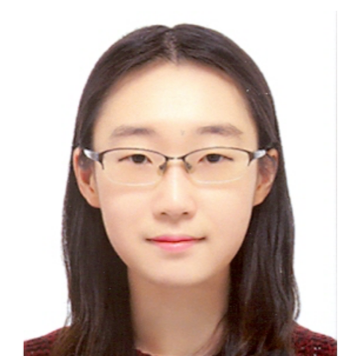
Jin Kyung Jang is a Ph.D. candidate at the University of Cambridge, specializing in the history of Ireland and Britain with a focus on women and gender in the 19th and 20th centuries. She earned her master’s degree in Western History from Seoul National University in South Korea. Her research interests encompass Irish history, British history, social history, imperialism, colonialism, and nationalism, with a particular emphasis on the role of gender. Jang has taught Western history at the University of Cambridge and the Seoul National University as a lecturer and a teaching assistant. Her publications include “Unfeminine Women and Angry Men: The Irish Post Office in 1902-1918” (April 2024, Irish Studies Review) and “Eoin MacNeill and the Irish Nationalist Movement” (May 2016, The Journal of Western History).
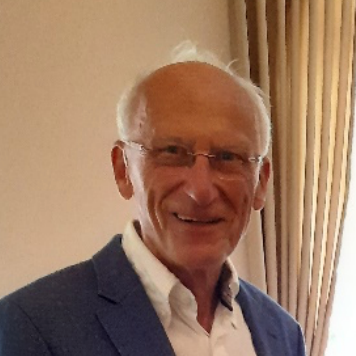
served for many years as the Deputy Director of the Georg Eckert Institute for International Textbook Research (GEI) in Braunschweig, Germany. Since his retirement in 2009, he has been working as a consultant on textbook and curriculum research and revision issues to governmental and academic institutions, as well as international organizations. In 2003/2004, he held the position of the First Director of the OSCE’s Education Department in Sarajevo/Bosnia and Herzegovina. Dr. Pingel also taught contemporary history and theory and didactics of history at Bielefeld University. His notable work includes UNESCO Guidebook on International Textbook Research and Textbook Revision (UNESCO/GEI,2010)and The European Home: Representations of 20th Century Europe in History Textbooks (Strasbourg: Council of Europe, 2000).
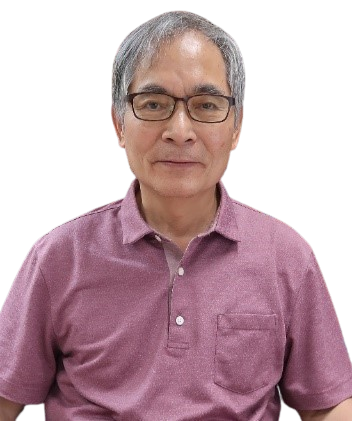
Unsuk Han studied history at Korea University and the University of Bielefeld in Germany, completing his Ph.D. with a thesis on Nation-State and Nationalism in Marx and Engels' Thought in 1995. He served as a visiting professor and a full-time lecturer at the University of Tübingen's Department of Korean Studies from 2011 to 2022. He has also been working since 2016 as the director and fellow of the Tübingen Center for Korean Studies at Korea University. His research focuses on the questions of division and unification and the issues of historical conflicts and reconciliation across Korea and Germany. Dr. Han's major publications include One Nation, Two Pasts: The German Nation and Unification Issues in the 20th Century (2003), and the co-authored work History Education and Reconciliation: Comparative Perspectives on East Asia (2012). He translated Falk Pingel's "UNESCO Guidebook on Textbook Research and Textbook Revision" into Korean (2011).
Session 2. Historical Facts and Reality: Asia
Presenter

Walter Hatch is Professor Emeritus in the Government Department at Colby College, where he taught from 2002 until his retirement in 2022. He earned his Ph.D. in Political Economy from the University of Washington. Throughout his career, Dr. Hatch has held significant academic positions, including Director of the Oak Institute for Human Rights (2010-2018) and editor of The Japanese Economy, a refereed journal published by M.E. Sharpe, Inc. (2002-2007). Dr. Hatch’s research focuses on interstate relations in East Asia, as well as the politics of Japan, China and Korea. His most recent book (Ghosts in the Neighborhood: Why Japan Is Haunted by Its Past and Germany Is Not, 2023) examines memory politics in Asia and Europe. His previous books (including Asia’s Flying Geese: How Regionalization Shapes Japan, 2010; and Asia in Japan's Embrace: Building a Regional Production Alliance, 1996) explore the regional and domestic politics of Japanese investment in, and trade with, Asian economies
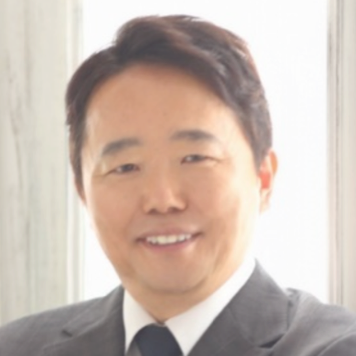
Toyomi Asano is a professor in the Department of Political Science and Economics at Waseda University in Tokyo, where he has been teaching the political history of Japan and global history since 2015. He received his Ph.D. from Tokyo University in 1998 and has held visiting positions at several international institutions, including Harvard University and Woodrow Wilson Center. Dr. Asano’s research interests include theories of nationalism, decolonization, and the institutionalization of national identity through various historical processes. He won the 25th Masayoshi Ohira Memorial Prize in June of 2009 and the Yoshida Shigeru Prize in March of 2009 with his Ph.D.-book of Teikoku Nihon no Shokuminchi Hosei [The Origin and Development of Legal Structure of Japanese Colonial Empire].
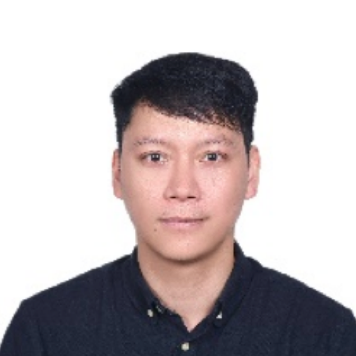
Công Tùng Nguyễn is an Assistant Professor in the School of Political Science & International Relations at Tongji University, Shanghai China. He earned his Ph.D. in East Asian Studies from National Chengchi University in Taiwan. Dr. Nguyen’s research interests lie at the intersection of international relations and political economy, with a particular emphasis on China and Southeast Asia relations. He has held various teaching and research positions, including an Assistant Professor in the Department of East Asian Studies at National Taiwan Normal University (2023-2024), a Postdoctoral Research Fellow at Academia Sinica (2022-2023) and a Research Associate at the Taiwan ASEAN Studies Center (2018-2021). His recent publications include “From Former Foes to Friends: Strategic Adjustment in America’s Security Policy Toward Vietnam and the Influence of the China Factor” (The Pacific Review, 2024) and “Chinese Economic Statecraft in Southeast Asia and Its Uneven Impact in Laos and Cambodia,” (Issues & Studies, 2023).
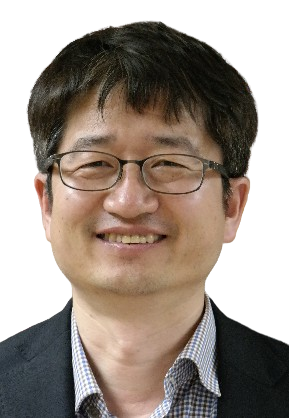
Sang Gu Nam was born in Gangwon Province, South Korea, in 1968, 23 years after Korea's liberation from Japan and three years after the normalization of diplomatic relations between Korea and Japan. In 2005, he earned a Ph.D. from Chiba University in Japan, focusing on how memories of war victims were created, circulated, and consumed in post-war Japan. Since 2007, Dr. Nam has been working as a researcher at the Northeast Asian History Foundation, studying the origins and development of historical issues between Korea and Japan, including the Yasukuni Shrine controversy and efforts towards reconciliation. His recent publications include "Changes in the Japanese Government's Perception of and Response to Historical Issues between Korea and Japan" (2023), "The Way the Yasukuni Shrine Remembers the War" (2020), and "The History and Reality of Issues Surrounding Japanese Textbooks: Contention between Internationalism and Patriotism" (2020)
Debater
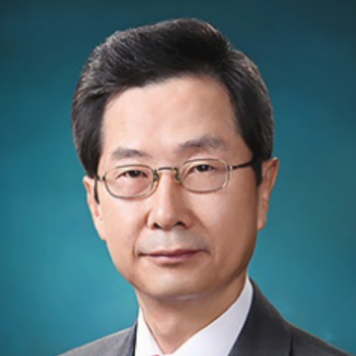
In-Kook Park is the Chairman of the Sookmyung Foundation and President of the Chey Institute for Advanced Studies (CIAS). He has had a distinguished career in diplomacy, serving as Ambassador and Permanent Representative of the Republic of Korea to the United Nations from 2008 to 2011, and as Deputy Foreign Minister for Policy Planning and International Organizations in 2006. As the inaugural President of the Chey Institute, President Park has worked to establish it as a global platform for academic exchange, collaborating with leading think tanks and institutions worldwide, contributing as Co-Chair of the Boards of Asia Research Centers at prominent universities, including Peking University, Vietnam National University, National University of Laos, and National University of Mongolia. He is currently teaching as a visiting professor at the Graduate School of International Studies at Korea University.
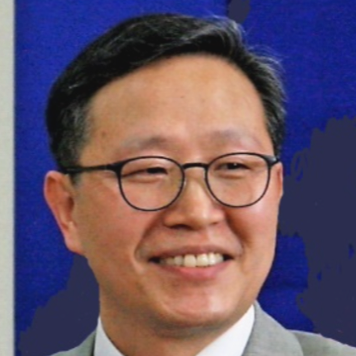
Nam-Kook Kim is Jean Monnét Chair Professor in the Department of Political Science and International Relations at Korea University. He studied at Seoul National University and the University of Oxford and received his Ph.D. in Political Science from the University of Chicago. His research interests focus on the philosophical interpretation of public policy in the areas of citizenship, human rights, and multiculturalism in Europe and Asia. Dr. Kim has held several prestigious positions, including the President of the Korean Political Science Association (KPSA) in 2021 and the President of the Korean Society of Contemporary European Studies(KSCES) in 2017. He has been awarded the Best Book Award in 2020 from KPSA. His recent publications include Routledge Handbook of Europe Korea Relations (2022) and Multicultural Challenges and Sustainable Democracy in Europe and East Asia (2014)
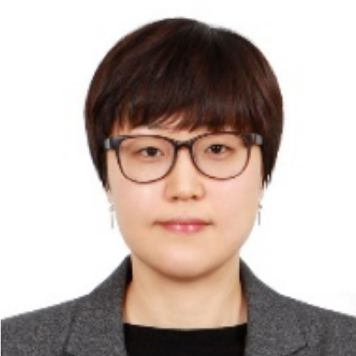
Minyong Lee is an Assistant Professor of History at Seoul National University. Having completed her B.A. and M.A. in Western History at Seoul National University, Dr. Lee earned her PhD in US history at the University of Chicago. She has worked on the nineteenth-century construction of transnational and imperial networks to and from the Pacific Coast of North America. Her current research interests concern transpacific connections, travel and migration, and cultural politics of race and empire. She has published widely on U.S. and transnational history, including “Embodied by the Steamships: The Pacific Mail Steamship Company and the Making and Remaking of Pacific Connections in the Age of Empire” (Pacific Historical Review, 2023)
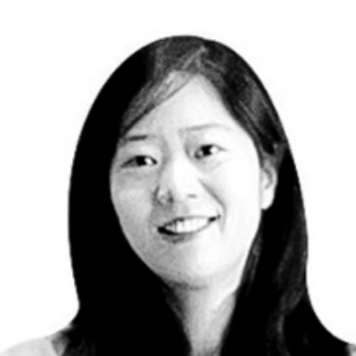
Hai-Ri Ahn is an editorial writer for Korea JoongAng Daily, one of South Korea’s major newspapers. After majoring in sociology at Yonsei University, Ahn has dedicated over 30 years to journalism in JoongAng Daily. She has consistently criticized the Korean History SAT, a mandatory subject for university admissions, for being biased toward politically sensitive modern history. Since 2018, Ahn has been writing op-ed columns and commentaries on major current issues concerning Korea, East Asia, and beyond.
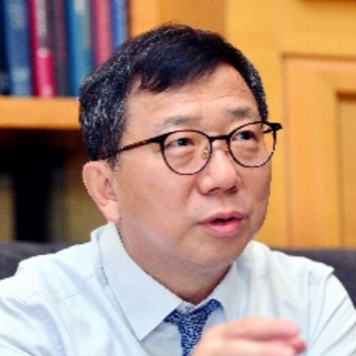
Won Deog Lee is a professor in the Department of Japanese Studies at Kookmin University. He earned his Ph.D. in International Relations from the University of Tokyo in 1994, following his M.A. in Political Science and B.A. in Diplomacy from Seoul National University. Dr. Lee has been a visiting scholar at several prestigious institutions, including the University of Pittsburgh and the University of Tokyo. In addition to his academic roles, Dr. Lee has contributed as an advisor to the Ministry of Foreign Affairs, the Ministry of Unification, and the National Assembly’s Foreign Affairs and Trade Committee. Dr. Lee’s research focuses on the political dynamics of Korea-Japan relations, particularly in the context of historical and regional issues. His recent publications include The Inauguration of the Yun Suk-Yeol Government and Prospects for South Korea-Japan Relations (Asia-Pacific Review, 2022) and Korea-Japan Talks (2022).
